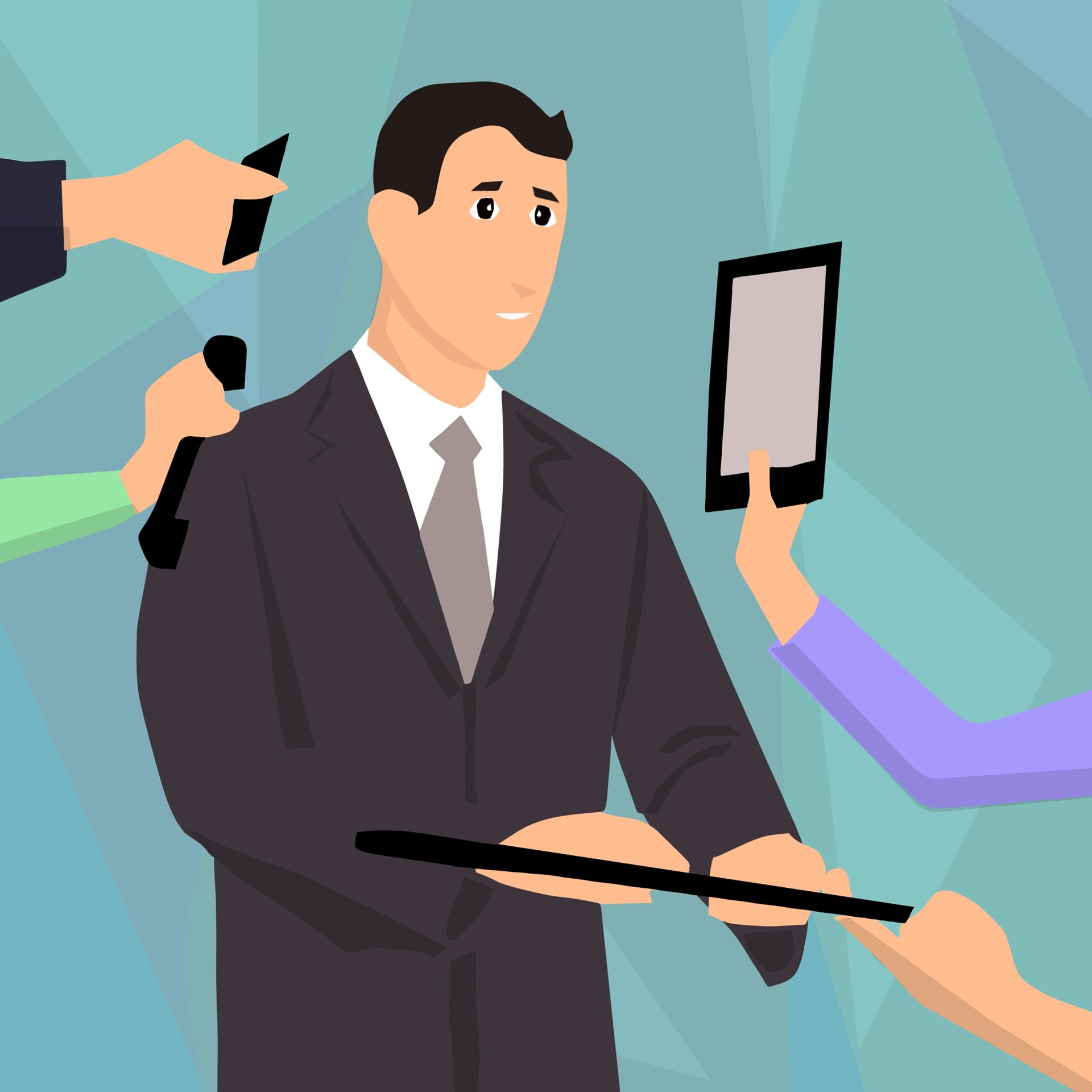
Happy WHENsday!
In the throes of the busyness of the holiday season, I found myself attempting to do far too many things at one time. I was multitasking again – something I know that research warns against. Yet I persist.
We’ve all done it. In fact, most of us probably think we’re pretty good at it. It’s just too attractive, right? To be doing three things at once must save time! I know it well. Does the following look like anything you’ve done?
When calling to make an appointment you’re placed on hold… You figure you might as well check email. Oops, they’re on the line now! Hello? Oh, wrong department. You get transferred. Now you’re on hold again. Why not check Instagram while you’re waiting? Maybe Twitter, too. Hey, maybe you should check fares to Miami… then someone begins talking on the line. Hello? Oh no, who were you calling? And on it goes.

So, what’s wrong with doing two (or three or more) things at once? Doesn’t that help save time? It sure feels like it does. We all realize that it’s optimal to drive with undivided attention. The stakes are too high not to do so. But how about when we’re at work? Or at home? It turns out that productivity and multitasking are not a good match at any time. In fact, “multitasking” itself is a myth. WHAT? That can’t be true, can it? Well, yes, it is true, according to research that indicates that we are not actually multitasking, but task-switching. It turns out the brain simply cannot concentrate on more than one thing at a time, thus actually costing us time as we switch between tasks. This task switching also decreases our concentration, making it difficult to filter out irrelevant information, and even hinders learning new information. Because of this, multitasking slams our productivity. One study found that it takes an average of approximately 25 minutes to recover from interruptions among office workers. 25 Minutes! Another study demonstrated a 20% decrease in accuracy on a cognitive test. There is even more research that discourages multitasking, finding that more stress hormones are released when we multitask.
If you want to try to limit your multitasking habit (notice I did not say “break” the habit altogether as that is too much for most of us to consider all at once), here are a few things you might want to try.
Set some new rules for your day – limit your time for checking social media to only 2 times a day. I know, that might be hard to do at first, but it will still be there when you have the time and presence of mind to check.
Only check your email in specific time frames, perhaps three times a day. Not throughout the entire day.Set time aside specifically for similar tasks like making appointments for things such as getting your car in for an oil change or a making a dental appointment.
Prioritize what you must get done in a day, write it down to help keep you on track, and then get it done! If you find yourself somehow off track and pulled back into the multitasking habit (which I guarantee you will), you can check your list to see what you were supposed to be doing.
Try one or more of the above suggestions as an experiment to see if it makes a difference in your day. Better yet, make WHENsday your day to begin.
Nancy Friedman, Chief Being Officer
References:
Brain, Interrupted, Bob Sullivan & Hugh Thompson, New York Times, 2013
The Cost of Interrupted Work: More Speed and Stress, University of California, Irvine.